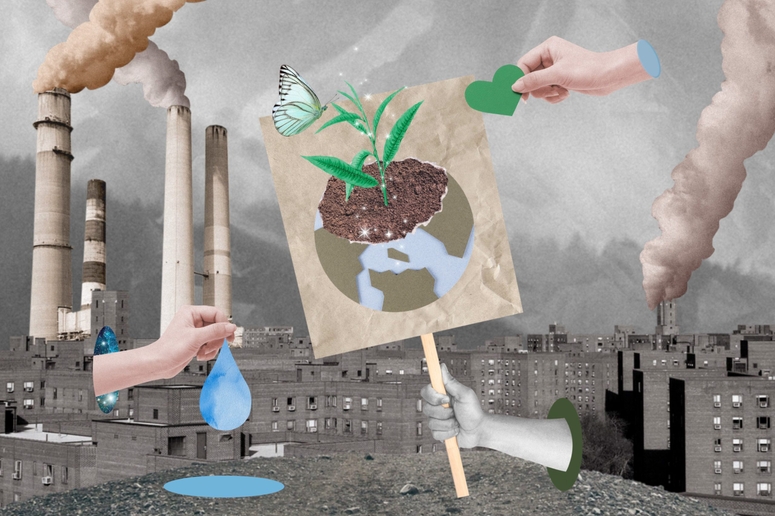The impact of COP28 on biodiversity: What you need to know
Here are a few things we here at AgriSound are looking out for from COP28 this year.

The annual United Nations conference for climate change has come around again, with COP28 kicking off tomorrow. While the conference focuses on fossil fuel use and rising global temperatures, and the biodiversity-focused COP16 is not slated until the end of 2024, COP28 provides an essential space for immediate conversation that will impact on our planet’s natural resources and species in the impending future.
Biodiversity and nature-based solutions are critical in the face of transition to net zero and limiting the impact of climate change. Increasingly, businesses are starting to develop ESG policies to reflect the outcomes of the conference, recognising the consideration to meet environmental standards set by the UN. In our work at the forefront of biodiversity monitoring technology, here are a few things we here at AgriSound are looking out for from COP28 this year.
Moving from commitments to meaningful action
The main objective of COP28 is to accelerate progress towards meeting the targets established at COP27, which include reducing greenhouse gas emissions and limiting global warming to below 2 degrees Celsius, which hardly any countries have successfully made progress towards despite first agreeing to an ‘under 1.5 degree Celsius’ goal in 2015.
In the run up to COP28, there has also been discord during talks about the Loss and Damage Fund. This crucial fund, to support third-world countries in their efforts to mitigate climate change, was also agreed upon last year. Major countries that agreed to help supply this fund have only agreed to hard numbers a few weeks ago.
It can seem like a huge task to take action, but both governments and businesses need to begin taking steps to protect the planet as much as reasonably possible, in order to see progress by this time next year. To back up the discussed regulatory changes and funds that are established at the conference, we need to now see transition plans become more concrete, measurable and actioned, to actually make an impact on the current climate crisis.
What can COP28 do?
The key objectives of COP28 will be to reduce greenhouse gas emissions, and to develop policies and strategies that promote sustainable development that countries can crucially agree to implement. To be effective, it’s essential COP28 creates action by motivating public and private sectors to pull in all efforts. We would be keen to see a new offering of significant deployment of capital and grants for protecting biodiversity, supporting investment in nature-based solutions. By enforcing the need for native solutions such as tree planting and encouraging collaboration wherever possible; that’s where we see a future in turning the tide on climate change.
COP26 talked about mandating corporate transition plans, but it was put on backburner, where it has remained since – some real direction like this could change how the world takes on board the outcomes of COP28, particularly if such direction could be backed by robust financial regulations supporting sustainability, nature-based solutions and biodiversity protection and gain.
How things will change
We are in an explosion of technology-led, nature-based solutions which make huge amounts of previously, relatively inaccessible data, much more accessible. AI and machine learning could play a big role in the interpretation and availability of this data and help shape options for us to make a real difference, as we’ve seen in real time with our work with Innocent Drinks and supermarkets such as Tesco and M&S, preserving their crop yield while also protecting pollinators using natural methods. Stronger investment by BigTech, such as MicroSoft, Amazon, Google and Meta, into these measures, could change the face of Enviro-Tech AI entirely.
If COP28 can give us a stronger focus on protecting and improving biodiversity, in both the race to net zero and climate change defence, this could lead to more clear biodiversity and nature protection plans at national levels. This, ideally underpinned by common language and greater education of leaders and the general public about the role they need to be playing, can provide a clearer path for everyone involved to recognise how we can make a difference. Without this, COP28 will not be able to achieve enough to turn the tides, as countries remain lukewarm on climate commitments.
We’re cautiously optimistic that the actionable outcomes from the conference will continue to move public and private organisations in the right direction, as doing nothing is not an option for our survival. We are putting our faith into the tech we develop to help preserve biodiversity, and the work with our partners, to do our part to lead the way for others to do more.
